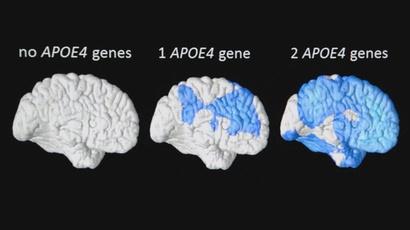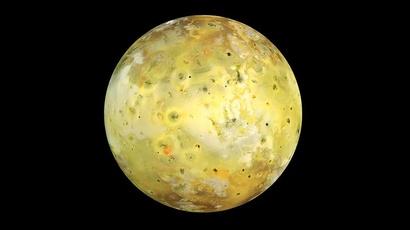Watch Clip

Predicting Alzheimer’s
2m 38s
/ TV-PG
Certain gene forms increase your risk of developing Alzheimer's.





























